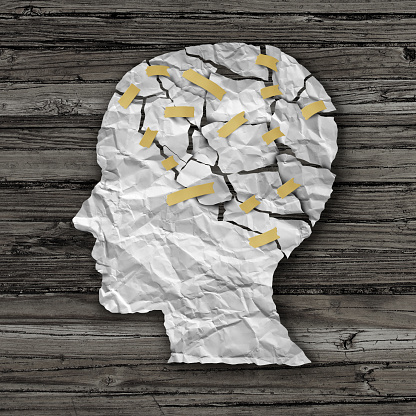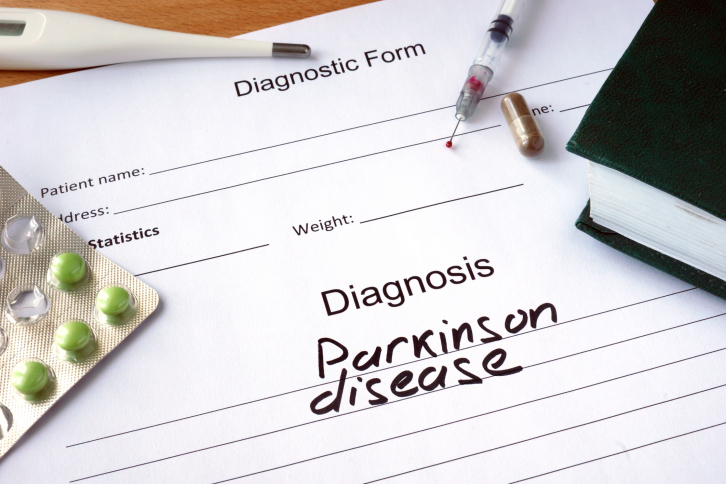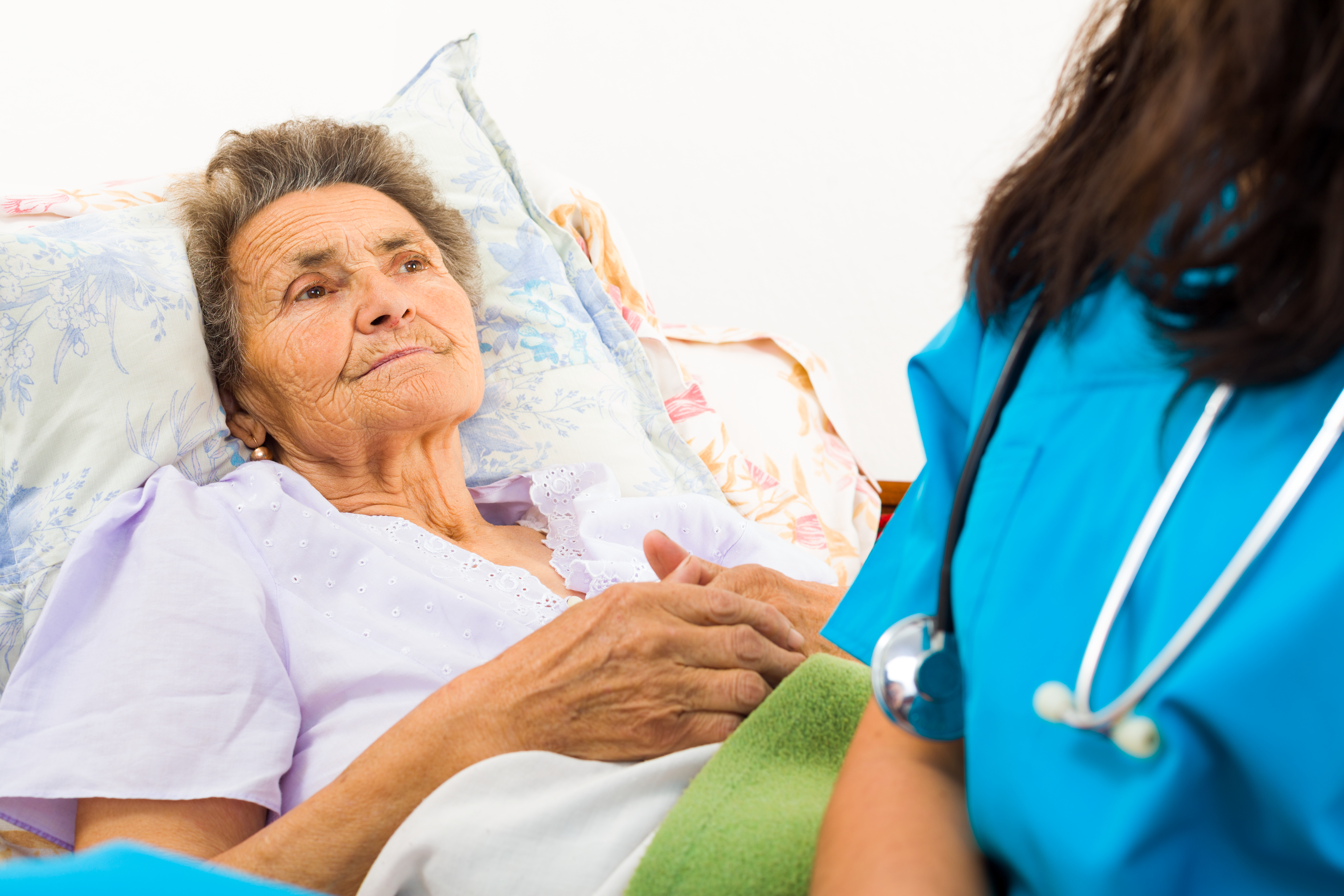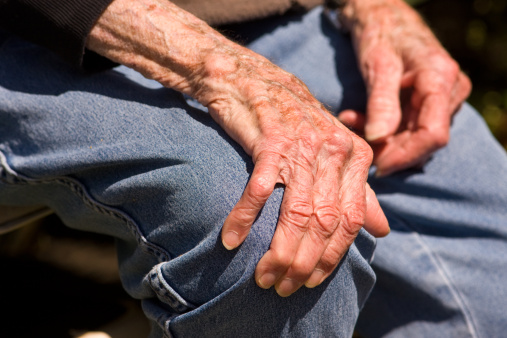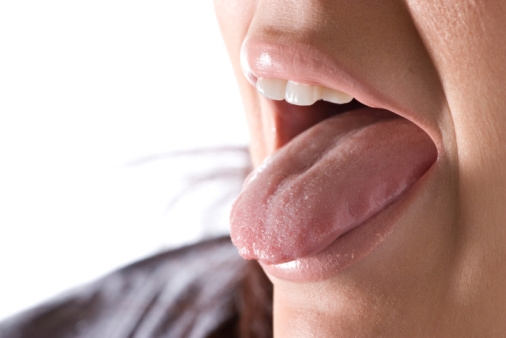In Parkinson’s disease, dopamine deficiency slows voluntary movement
Dopamine deficiency and low D1 receptors in Parkinson’s disease create slowness of moment, according to latest research. Dopamine is a neurotransmitter which is responsible for sending signals between multiple brain regions and the substantia which is critical for the smoothness and purpose of movements. Loss of dopamine can result in impairment of movement, which is ...click here to read more

